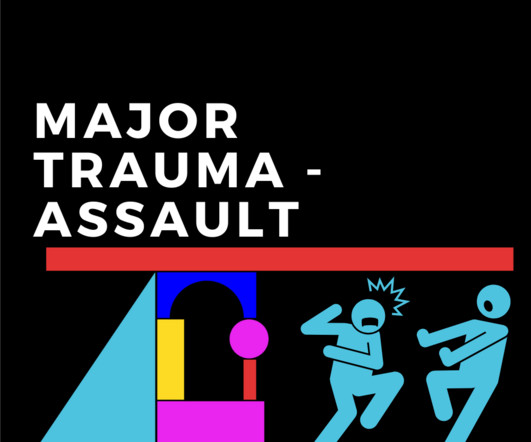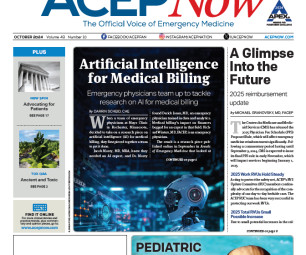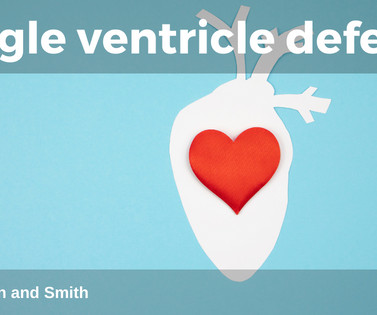Hypothermia and drowning
Don't Forget the Bubbles
JUNE 30, 2023
She was intubated at the scene and transported to your ED, with cardiopulmonary resuscitation (CPR) performed en route. Still, after a quick Google search, you realise that hypothermia potently affects potassium shift from the extracellular to the intracellular and extravascular spaces. Despite good quality CPR, there is no ROSC.











































Let's personalize your content